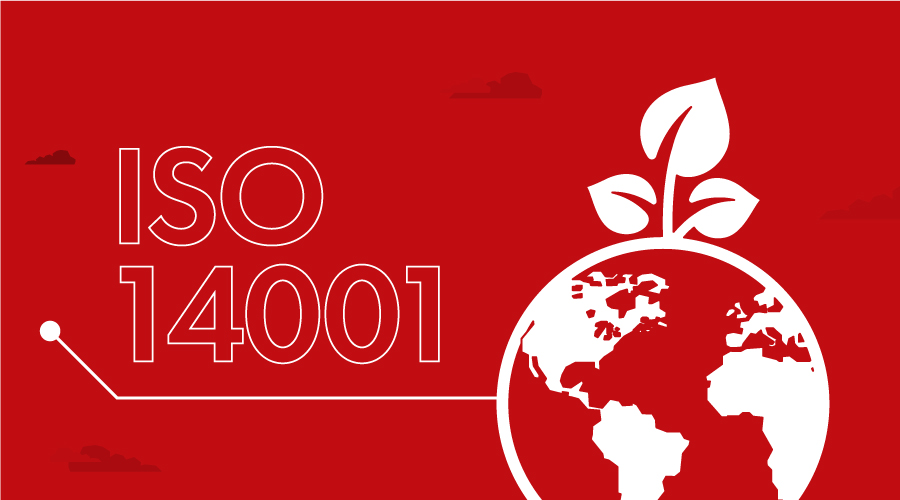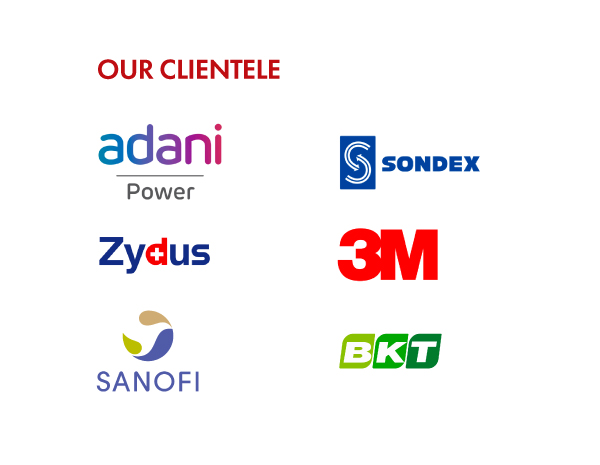
What is ISO 14001? Why is it Important?
31st Mar, 2020
ISO 14001 is a part of the ISO 14000 Family of Standards that is associated with environmental systems. The ISO 14000 series includes standards that enable businesses to conduct audits, communicate, implement significant environmental strategies and conduct life-cycle analysis. The purpose is to control climate change by aligning organizational activities with positive environmental change.
What is ISO 14001?
ISO 14001 is an Environment Management System that provides requirements along with the guidance on how to use it for significant environmental change. It further provides a structured framework that is easy to implement to build the business and operational strategies in a way that they enhance environmental performance.
ISO 14001 is based on the concept of fostering environmental management and sustainability by following the right practices and taking serious measures. Similar to other ISO standards, the companies are required to set their own goal and take steps as per the provided framework. It encourages companies to control as well as influence their activities in association with the environment to stay true to their set environmental goals.
Since global warming is a crucial issue that has a negative impact on our lives and our planet, now more than ever it has become necessary to take necessary actions to bring positive environmental changes. In addition to being a responsible individual, it is required that the companies follow practices that enhance environmental improvement and unlock sustainability.
Who can Implement ISO 14001?
On the contrary to the popular belief, ISO 14001 Environment Management System is not limited to businesses venturing into the Energy or Manufacturing industry. In fact, it can be carried out and implemented by any organization irrespective of its size, type, and industry. However, the following are some of the types of companies that can benefit from the implementation to a great extent including tangible financial benefits and positive recognition in the market.
- Medium-sized and multinational companies
- Companies in the manufacturing and engineering industries
- Process and service industries
- Companies venturing into the energy sector
What are the requirements to be followed to implement ISO 14001?
- Identify objectives for implementation
- Understand the environmental policy
- Determine the targets
- Prepare the scope of the environmental management system
- List of activities that need to be carried out for the fulfillment of the standard
- Documentation of the actions, targets, scope
- Reports and records of operations and control
- Consistent reports of monitoring and measurement of the progress
What are the essential steps that must be followed?
- Internal audit
- Management review
- Corrective actions
Walk an Extra Mile to Get the Best Results
ISO 9001 Quality Management System and ISO 45001 Occupational Health and Safety are related to ISO 14001 Environment Management System. Implementation of this group is known as QEHS Quality, Environmental, Health and Safety Management System.
Due to the similarities in carrying out the implementation and their inter-related activities, it is not only easier but also beneficial for companies to implement all of them simultaneously. In the case of companies that venture into businesses where the Occupational Health and Safety Management System can be easily ensured, they can implement ISO 9001 and ISO 14001 for improving the quality of their products and services as well as an environmental management system.
You can implement QEHS for enhanced efficiency, reduced efforts, cost efficiency, and most importantly better results.
What are the Benefits of ISO 14001 implementation?
- Cost-saving through reduction of waste
- Better optimization of time and resources
- Enhanced efficiency in the usage of natural resources such as water, gas, fossil fuels and thus, better environmental performance
- Reduced risk of accidents
- Improved processes and operations in the company
- Improved internal communication, as a result, morale in the employees
- Significant reduction in the insurance costs with an effective demonstration of risk management
- Gain a competitive advantage, therefore, improve sales
- Increased transparency and hence, consistency and traceability of the products
- Awareness in the staff as well as customers
- Significant increase in the tangible business profits
- Gain trust and confidence of stakeholders and customers
- Credibility and recognition across the globe
Implement ISO 14001 with 4C
To help your business receive all the benefits of ISO 14001 implementation, our team of IRCA certified ISO 14001 consultants and auditors provide you with exceptional consulting as well as training and implementation in your organization. With 15+ years of experience and 380+ EMS implementation in 15 different types of industries, we have gained valuable insights and experience that can help you get the best results. Further, we have implemented 1000+ EMP (Environment Management Program) and performed 600+ environment risk assessment and HIRA documents. To implement ISO 14001 in your organization, contact our ISO 14001 consultants now.

